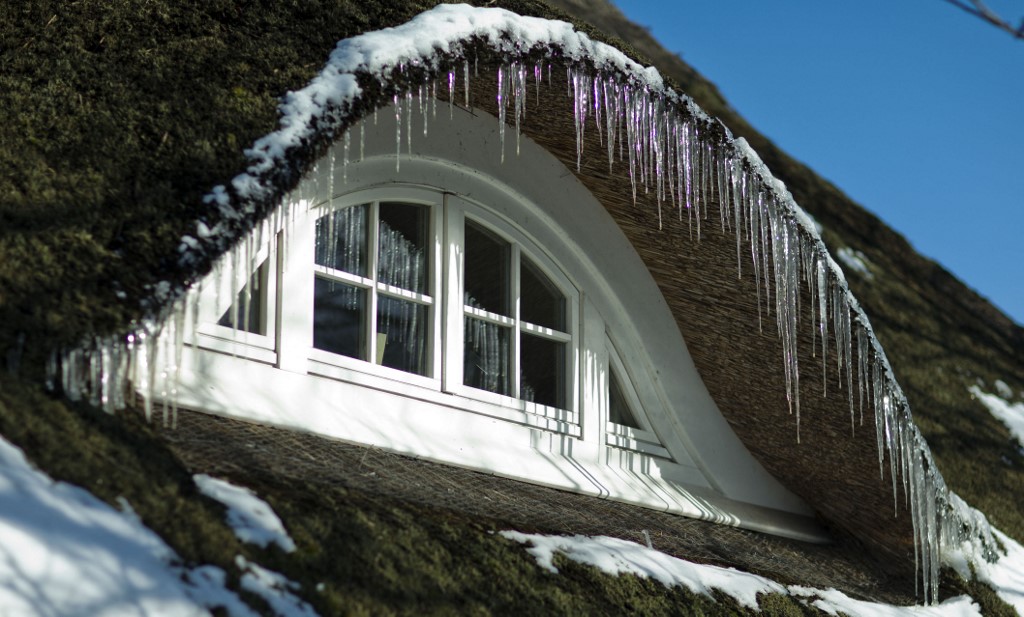Ticino laboratory has developed potential coronavirus treatment
The Biomedicine Research Institute (IRB) in Bellinzona has developed a new antibody, capable of protecting not only against Covid-19, but also against its variants. It can also stop the virus from mutating.
While still in the testing phase, the antibody-based molecule, called Cov-X2, shows promising results. “We tested the virus of the English variant, and the antibody works without any problem, as it does for the standard virus”, said IRB’s director Luca Varani.
He added that the antibody “is also effective against the South African and Brazilian variants”.
More is known about Switzerland’s first case of Brazilian coronavirus mutation
Health authorities announced on Tuesday that the first — and so far the only — case of the Brazilian variant of coronavirus has been recorded in Switzerland.
Now more information has been released about this patient, who is in isolation in a Zurich hospital.
Cantonal health office confirmed that the woman “belongs to a risk group and has suffered from other previous illnesses”.
She has been in contact with someone who travelled to Brazil.
Brazilian variant is one of three detected in Switzerland. The others are the South African mutation and the one from the UK, which is the most widespread to date.
Why the residents of Basel should dress warmly today
On Thursday, the northeastern city of Basel is expected to be Switzerland’s coldest spot, with temperatures dipping to -5.2 degrees Celsius.
Komplett unterschiedliche Temperaturverläufe heute:#Samedan: mit #Sonne immer milder.#Basel: ganztags um -5 Grad.#Zürich am Nachmittag immer kälter.#dieKalteLuftKommtAusNorden ^gf pic.twitter.com/2WUxeT3x1v
— SRF Meteo (@srfmeteo) February 10, 2021
Such low temperatures are unusual in Basel.
“Normally the cold comes to us via the Lake Constance region, but this time it hits exceptionally strong via northwestern Switzerland. As the lowest point, Basel is virtually the gateway for the cold. From there it spreads to the rest of the country”, said Meteonews meteorologist Roger Perret from Meteonews.
READ MORE: Switzerland set for cold snap this week
Swiss doctors form a Covid sceptics association
Some 90 physicians from across Switzerland have joined an association of doctors who either doubt the existence of the virus or oppose the measures imposed by the government. Or both.
The group’s founder, Andreas Heisler, a physician in Ebikon, canton Luzern, was ordered by health authorities to close his practice for refusing to wear a mask. Originally from Germany, he is an opponent of all the corona protective measures, as are all the members of his association.
Heisler routinely issues medical certificates dispensing people from wearing masks, even the patients he has never seen. “And I’ll continue doing that”, he said.



 Please whitelist us to continue reading.
Please whitelist us to continue reading.
Member comments